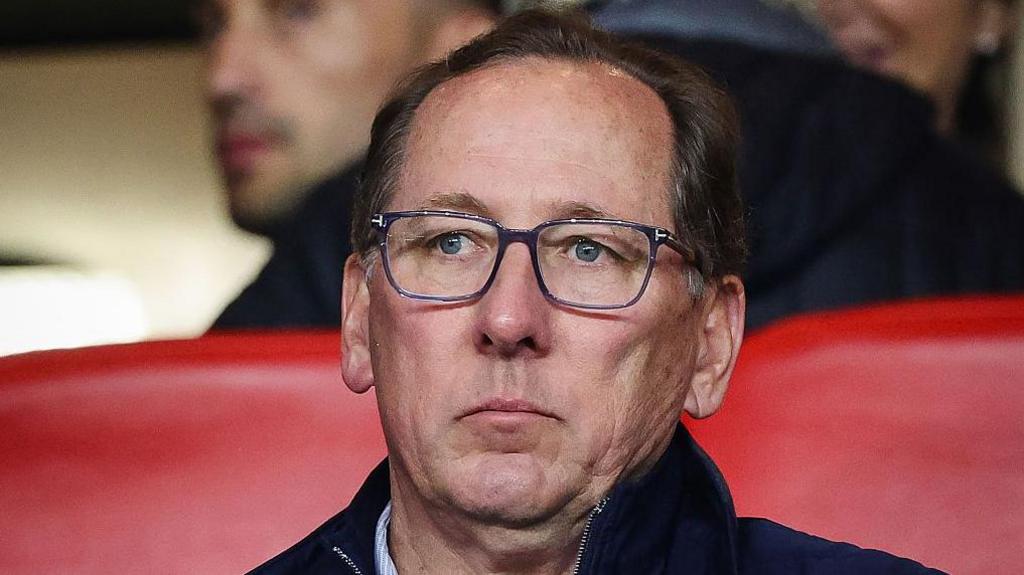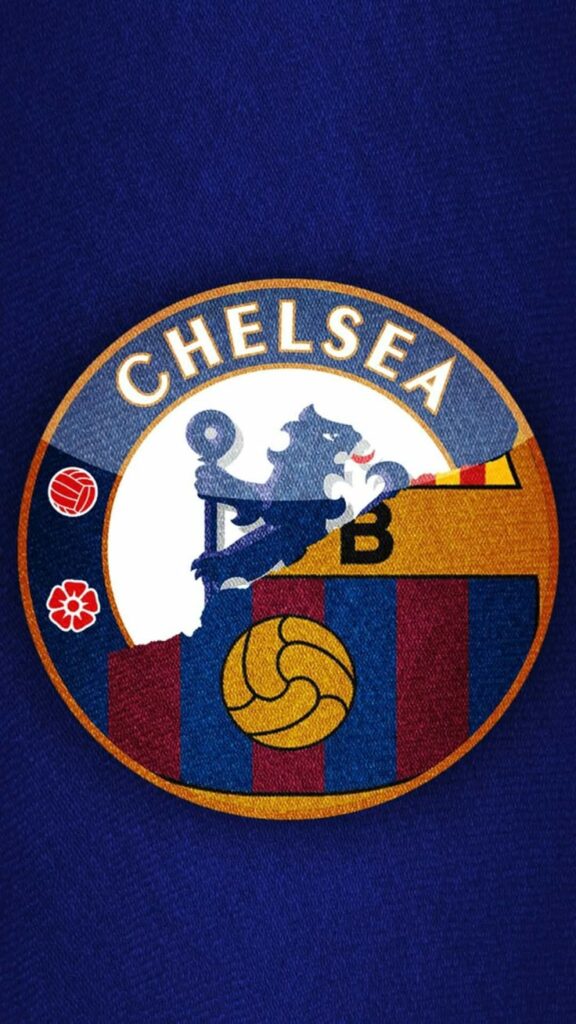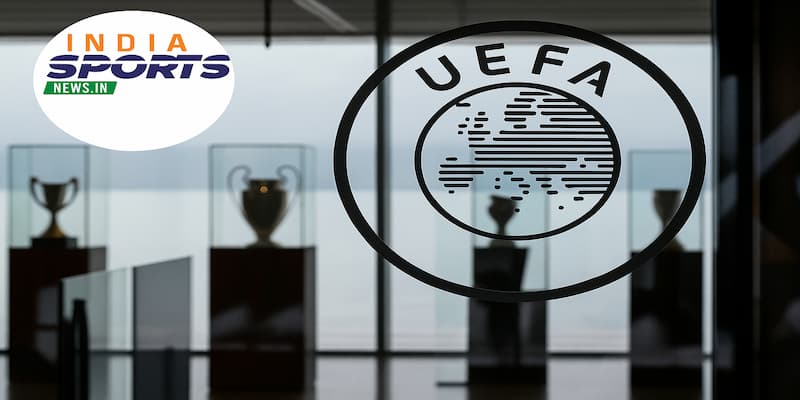In a significant ruling that has reverberated across the European football community, UEFA has imposed major financial penalties on English club Chelsea and Spanish giant Barcelona for breaching financial monitoring regulations. The decisions, announced late Friday, July 4, by UEFA’s Club Financial Control Body (CFCB), have highlighted the governing body’s renewed commitment to upholding financial discipline within European competitions.
Chelsea has been fined €20 million ($23.6 million), equaling the largest financial sanction ever levied under UEFA’s current financial control framework. Barcelona has received a slightly smaller fine of €15 million ($17.7 million). Both clubs also face the possibility of additional conditional fines—running into tens of millions of euros—if they fail to meet financial targets outlined in agreements with UEFA in upcoming seasons.
These punishments are not merely retrospective sanctions but carry a clear forward-looking warning: comply with UEFA’s financial parameters or face escalating consequences, including potential exclusion from European competitions.

Both-clubs-must-pay-tens-of-millions-of-more-euros-(dollars)-in-future-seasons-if-they-miss-financial-targets-set-by-UEFA
Chelsea’s Case: Questionable Transactions and Record Fine
Chelsea’s sanction stems primarily from an internal financial transaction involving the £76.5 million ($104.4 million) sale of two hotels between subsidiaries under the club’s holding company, Blueco 22 Ltd. This holding structure has been in place since Todd Boehly and Clearlake Capital completed their acquisition of Chelsea in 2022. UEFA’s financial investigators found irregularities and insufficient transparency in how these assets were valued and moved within the organization.
According to UEFA, the sale was used to artificially inflate revenue and mitigate Financial Fair Play (FFP) constraints. UEFA’s rules require clubs to balance their spending with revenue to avoid gaining an unfair advantage and to ensure long-term financial sustainability.
This is not the first time a European powerhouse has been hit with such a massive penalty. The €20 million fine matches the record sanctions imposed in 2014 on both Manchester City and Paris Saint-Germain during the early stages of the Financial Fair Play era.
Chelsea’s response to the ruling has been muted so far, with club executives believed to be reviewing the full scope of UEFA’s findings before issuing an official statement. However, insiders suggest the club intends to comply with the sanctions while continuing to pursue its long-term commercial and sporting goals.

Chelsea’s-response-to-the-ruling-has-been-muted-so-far-with-club-executives-believed-to-be-reviewing-the-full-scope-of-UEFA’s-findings-before-issuing-an-official-statement
Barcelona’s Breach: Structural Challenges Amid Transition
Barcelona, too, has faced intense financial scrutiny over recent years. The €15 million ($17.7 million) fine levied by UEFA is related to inaccurate financial reporting and what the CFCB described as “non-compliance with the break-even requirement.”
The club’s ongoing economic troubles are well-documented. Mounting debts, ballooning player wages from past administrations, and the challenges of maintaining a competitive squad while adhering to UEFA’s financial thresholds have all created persistent pressure.
Over the past few seasons, Barcelona has attempted to ease this burden through various mechanisms, including activating so-called “economic levers”—the sale of club assets, media rights, and other long-term revenue streams. While those deals provided short-term liquidity, UEFA now appears to be scrutinizing the underlying financial health of such moves more carefully.
Barcelona, under the leadership of Joan Laporta, has also sought to rebuild its squad while heavily investing in younger talent, as seen through the acquisitions of players like Pedri, Gavi, and Lamine Yamal. Still, these efforts may not be enough if UEFA’s financial thresholds aren’t met in future fiscal periods.
According to UEFA’s announcement, if Barcelona continues to fall short of meeting financial targets, further conditional fines will be imposed, and the club could risk more severe disciplinary action.

Barcelona-continues-to-fall-short-of-meeting-financial-targets-further-conditional-fines-will-be-imposed
Implications and Wider Crackdown
Friday’s announcement also included other significant rulings. French club Lyon was fined €12.5 million ($14.7 million), with the majority of the penalty conditional upon the club meeting agreed financial benchmarks. Lyon, currently dealing with a tumultuous financial and sporting situation, is fighting an appeal to avoid relegation from Ligue 1. Owned by American businessman John Textor, Lyon could also face exclusion from next season’s UEFA Europa League should their financial position worsen.
These disciplinary actions come as UEFA is preparing to transition from Financial Fair Play to a new model called “Financial Sustainability Regulations.” The updated rules, which include squad cost control and enhanced transparency measures, aim to prevent reckless spending and promote long-term club viability.
UEFA President Aleksander Čeferin has previously emphasized that financial compliance is central to maintaining the integrity of European competitions. With the recent penalties, the organization is sending a clear message: no club, regardless of stature or legacy, is above the law.

Lyon-currently-dealing-with-a-financial-and-sporting-situation-is-fighting-an-appeal-to-avoid-relegation-from-Ligue 1
Reactions and Club Futures
While Chelsea and Barcelona have not publicly contested the fines, it remains to be seen how they will respond in terms of financial planning. For Chelsea, the fine may affect future transfer strategies, especially as the club has already spent over £1 billion on player acquisitions in recent seasons.
Barcelona, on the other hand, may face a tougher road. With La Liga also imposing strict salary caps and the lingering impact of past mismanagement, UEFA’s penalty could force the club to adopt even stricter austerity measures, including potential player sales or further structural changes.
UEFA has clarified that future fines will only be waived if clubs meet strict financial performance targets outlined in individual settlement agreements. Failure to do so could not only trigger further monetary penalties but also suspension from UEFA tournaments such as the Champions League, Europa League, or Conference League.

UEFA-has-clarified-that-future-fines-will-only-be-waived-if-clubs-meet-strict-financial-performance-targets-outlined-in-individual-settlement-agreements
Conclusion: A Turning Point in Club Regulation
The UEFA rulings mark a significant moment in the ongoing evolution of European football governance. As clubs continue to chase sporting success amid intense commercial competition, regulatory bodies like UEFA are seeking to enforce financial discipline to protect the broader ecosystem.
The penalties imposed on Chelsea, Barcelona, and Lyon serve as a warning to other clubs navigating the delicate balance between ambition and sustainability. In a football era increasingly defined by megadeals, private equity, and global fanbases, the importance of financial integrity has never been greater.
Only time will tell how these clubs respond—but one thing is certain: UEFA is watching, and the price of non-compliance just got steeper.
Click here to watch more!



















Comments